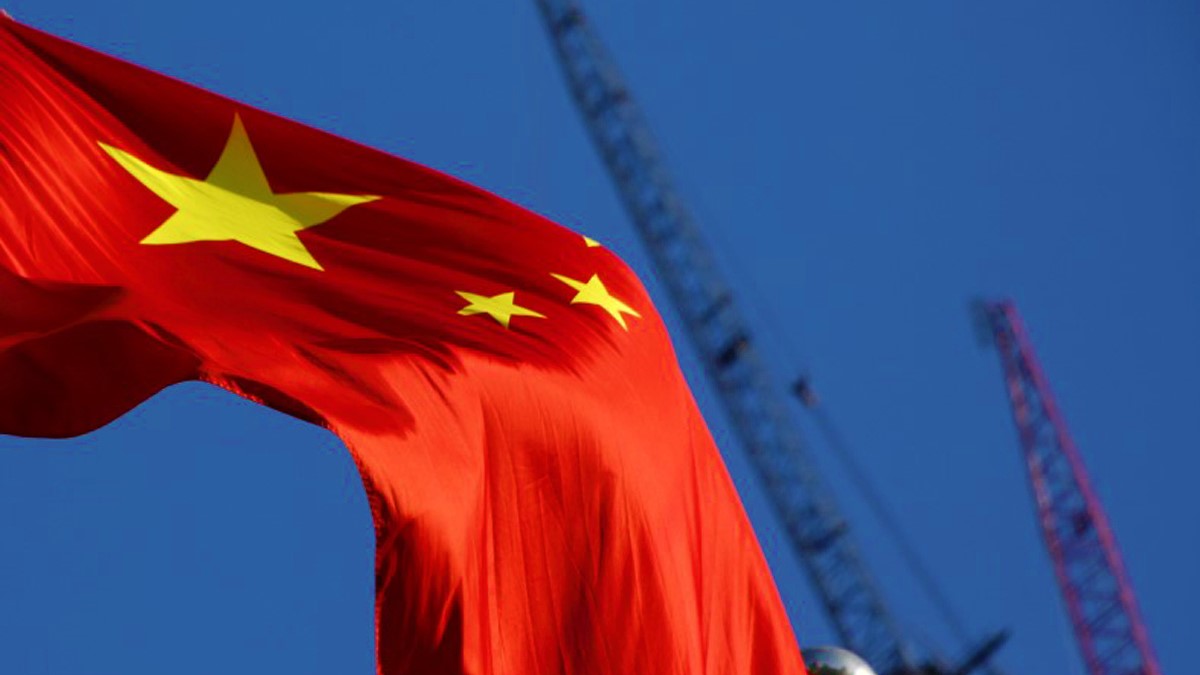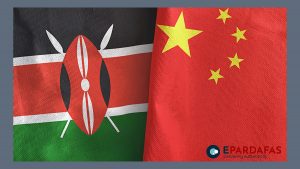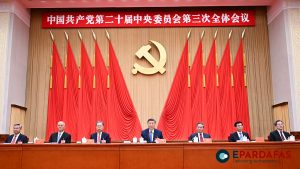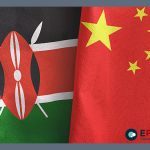
Analysts, Foreign Investors Concerned Over China’s Export Strategy

While Chinese policymakers attempt to boost economic growth through aggressive exports, analysts and foreign investors are concerned about the economic consequences of China’s surplus industrial capacity and weakening domestic demand. China’s economic fundamentals are still weak, they argue, and while many investors sit on the sidelines and continue to be underweight on China, Sino-U.S. geopolitical tensions is China’s biggest external risk in a U.S. election year, they add. And, the property market woes are still the major domestic risks.
“As China tries to export its way back to strong economic growth, foreign companies are struggling to gain traction in China due to a slump in consumer confidence as the country grapples with a slowing economy, a stagnant property market, and high youth unemployment, all of which are limiting discretionary spending,” Michael Ashley Schulman, chief investment officer at California-based Running Point Capital, told The Epoch Times.
A persistent economic downturn, deflation, and rising bad debt, fueled by the current multiyear housing crisis, are stressing China’s banks and financial system, and these challenges must be addressed urgently, he stressed.
U.S. Treasury Secretary Janet Yellen issued a stern warning to China on Monday, reiterating Washington’s stance against the collapse of new sectors due to Chinese exports. This message came as she wrapped off four days of discussions aimed at encouraging Beijing to address its excess industrial capacity.
During a press conference, Ms. Yellen emphasized that President Joe Biden is committed to averting a repeat of the “China shock” that occurred in the early 2000s, resulting in the loss of about 2 million American manufacturing jobs caused by an increase in Chinese experts
During her visit to China, Ms. Yellen addressed an American Chamber of Commerce event and noted the link between Beijing’s support for manufacturing and its domestic development goals.
Ms. Yellen utilized her second visit to China in nine months to raise alarm about China’s excessive investment, which has resulted in a surplus of industrial capacity that exceeds both domestic demand and global market demands. She emphasized that this situation endangers American and international businesses.
She highlighted comparisons to China’s market-based reforms of the past decades, which boosted GDP and lifted hundreds of millions of people out of poverty, and said that restoring them may provide even greater benefits.
Yellen also stated that she will address concerns raised by American and international corporations about China’s worsening business climate, particularly unfair treatment of local rivals.
Excess manufacturing capacity in China has always been an issue, according to Ms. Yellen, but it has lately become more acute due to increasing risks in new industries such as electric vehicles (EVs), batteries, and solar energy goods, undercutting competitive workers and businesses in the United States, Mexico, and India.
Tactical Move
Chinese policymakers have been relentless in their efforts to reignite economic growth momentum since the reopening in November 2022. From July 2023 onward, they intensified their actions by implementing significant measures spanning monetary and fiscal policy, the property and capital markets, as well as industrial policies.
Nevertheless, despite these efforts, the nation’s vast underutilized manufacturing capacity has not found sufficient domestic demand to absorb it. Consequently, policymakers have shifted their focus toward boosting exports as a driver of economic growth. Recent data reveal a notable surge in China’s exports, with overseas shipments increasing by 7.1 percent in the January–February period compared to the previous year, surpassing economist forecasts and showing a considerable improvement over the preceding month’s performance.
This surge has resulted in a record trade surplus of $125 billion, while imports experienced a growth rate of 3.5 percent.
Policymakers hope that the aggressive pushing of products overseas would easily help their targeted economic growth of around 5 percent for 2024.
Experts, though, caution that the reliance on exports may not offer reliable support for growth due to heightened geopolitical risks.
“Most global investors still consider Sino-U.S. geopolitical tensions the biggest external risk factor for China, especially trade tariffs, export restrictions on AI, semiconductor chips and biotech,” wrote HSBC Global Research in a client note last week and viewed by The Epoch Times.
Foreign investors are particularly concerned about the potential negative repercussions of the U.S. presidential election on the Chinese market. They are also apprehensive about how the Chinese government might retaliate if the U.S. were to implement a ban or mandate the sale of TikTok to American interest groups. These concerns extend to various other potential scenarios as well, the note added.
On Standby
Consequently “scepticism” remains among global investors, especially for U.S.- and U.K.-domiciled global and international equity funds,“ the majority of which, ”are sitting on the sidelines and continue to be underweight [on] China, waiting for more evidence in the coming months that show China’s fundamentals are improving,” the note said.
“Property weakness continues to be the focal point of discussion and the top risk factor domestically. Most global investors consider a muddling-through scenario for China’s property sector for the next one to two years as the best-case scenario.” HSBC added.
Despite a series of government measures aimed at revitalizing the real estate sector, China’s key property market has shown limited improvement, even as some other sectors of the economy appear to be stabilizing.
Data released by the National Bureau of Statistics in mid-March reveals that new property sales totaled 1.18 trillion yuan ($167 billion) in the first two months of this year. This figure represents a significant decline of 29 percent compared to the same period in 2023.
Moreover, this decline represents a much swifter pace of decrease compared to the previous year, when new property sales experienced only a marginal dip of 0.1 percent.
Other key concerns among foreign investors, according to a note by the global investment bank J.P. Morgan released last week, include issues such as the lack of transparency in regulation, the extent of structural deceleration, strategies for addressing China’s overcapacity challenges, and efforts to restore confidence among both businesses and consumers within the nation.
Nevertheless, even as Ms. Yellen warned on Monday that Washington will not accept Chinese overproduction—in new industries including electric vehicles, solar panels, and semiconductors—flooding into global markets in the face of a demand slump in China’s domestic market, according Mr. Schulman: “There is still plenty of room for China and the Biden administration to find a middle ground.”
“But that calculation may change if [ex-President Donald] Trump wins a second term in November,” he concluded.














Comments